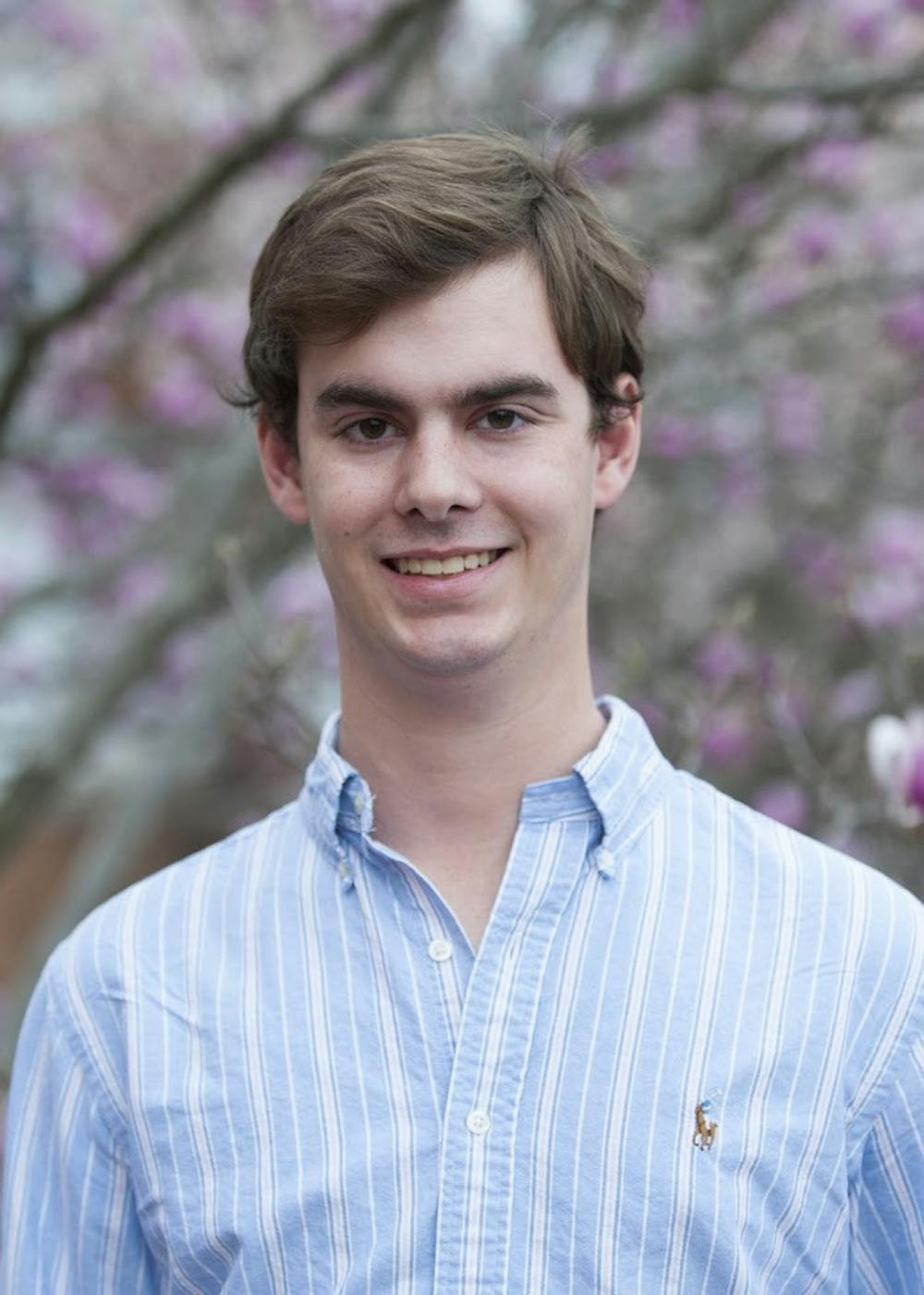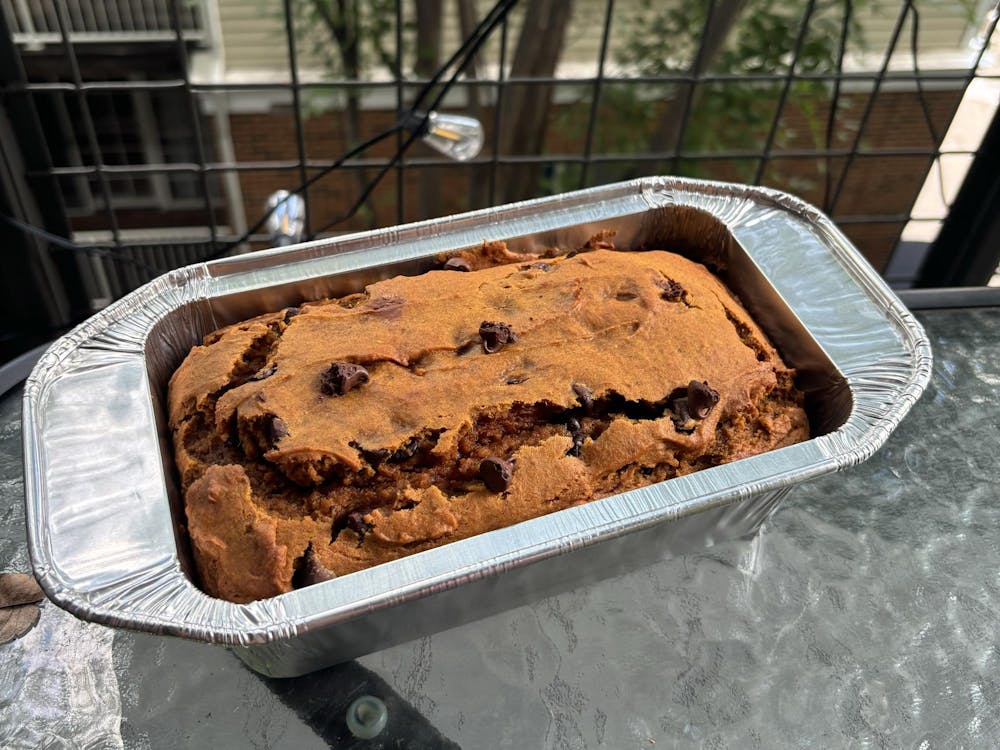At the opening of Vampire Weekend’s self-titled debut album, the singer asks a question that has echoed through history, “Who gives a f*** about an Oxford comma?” I like this album, but the question has always felt like a personal assault since I am an English major.
This belittling of the issue went beyond indie music, however, when I recently saw one of the classic “What does your extracurricular say about you?” Buzzfeed articles on Facebook.
For newspaper people, the quiz said, “Has an opinion on the Oxford comma.” Maybe it’s true the Oxford comma is just an esoteric little flourish that most people aren’t even aware of — but it's an important little flourish to me.
I've had my love of comma-carpet-bombing since I started actually using commas in sentences, but was first truly affirmed with my initial journalistic experience with my high school newspaper. I was used to MLA style’s “who cares?” approach to lists and had always included the extra comma just in case I needed one and, of course, for the grand aesthetic appeal. With AP style, however, came a new restrictive regime holding extraneous commas to be an unforgivable sin.
I quickly discovered I wasn’t made for hard journalism, seeking out a wing of the paper that wouldn’t require me to actually quote anyone or present objective, factual information. After my landmark review of “The Sims 3,” a 600-word account of my experience murdering my Sims in a psychotic, Poe-like fashion, I was promoted to humor columnist.
More journalistic freedom allowed me to second-guess the long-held, oppressive grammatical conventions. Cutting out two or three relevant commas may have some vague impact on brevity, but I never considered it particularly relevant to opinion writing. And so, the bulk of my tenure at James Madison High School’s Hawk Talk was spent sneaking commas into my columns in the hopes some careless or trusting editor would allow them to go to print.
Upon joining The Cavalier Daily, the comma embargo continued, coupled with stigmas toward parentheses, italics, and the word “that.” That I wasn’t allowed to use these devices was the source of considerable early frustration. I have always felt a strong draw toward the use of parentheses for my parentheticals (something about them just seems right). The stylistic equivalent — the long dash — lacks the pleasant, bracketing visual of the parenthesis and makes me feel like every digression is a mini-Emily Dickinson poem.
"That," while indeed possible to cut in some situations, appeals to me both as a sound device and as a way of making my complex sentences easier to follow (my tendency to overuse the word “while” is a much bigger vice in my mind). In the case of italics, which I think is the result of some printing issue, I understand but am not happy.
These little markers leave more room for stylistic freedom — the essence of a column. I don't aim to write entire columns in Faulknerian stream of consciousness (at least not until I establish myself within traditional forms), but I think there is room for the occasional Oxford comma or a parenthesis if only as a way of self-expression. Cutting out one or two commas is probably the least offensive type of revision possible, but all the same, every time I look at the little empty space where a comma used to be, I feel a little bit disheartened.
Christian’s column runs biweekly Fridays. He can be reached at c.hecht@cavalierdaily.com.





